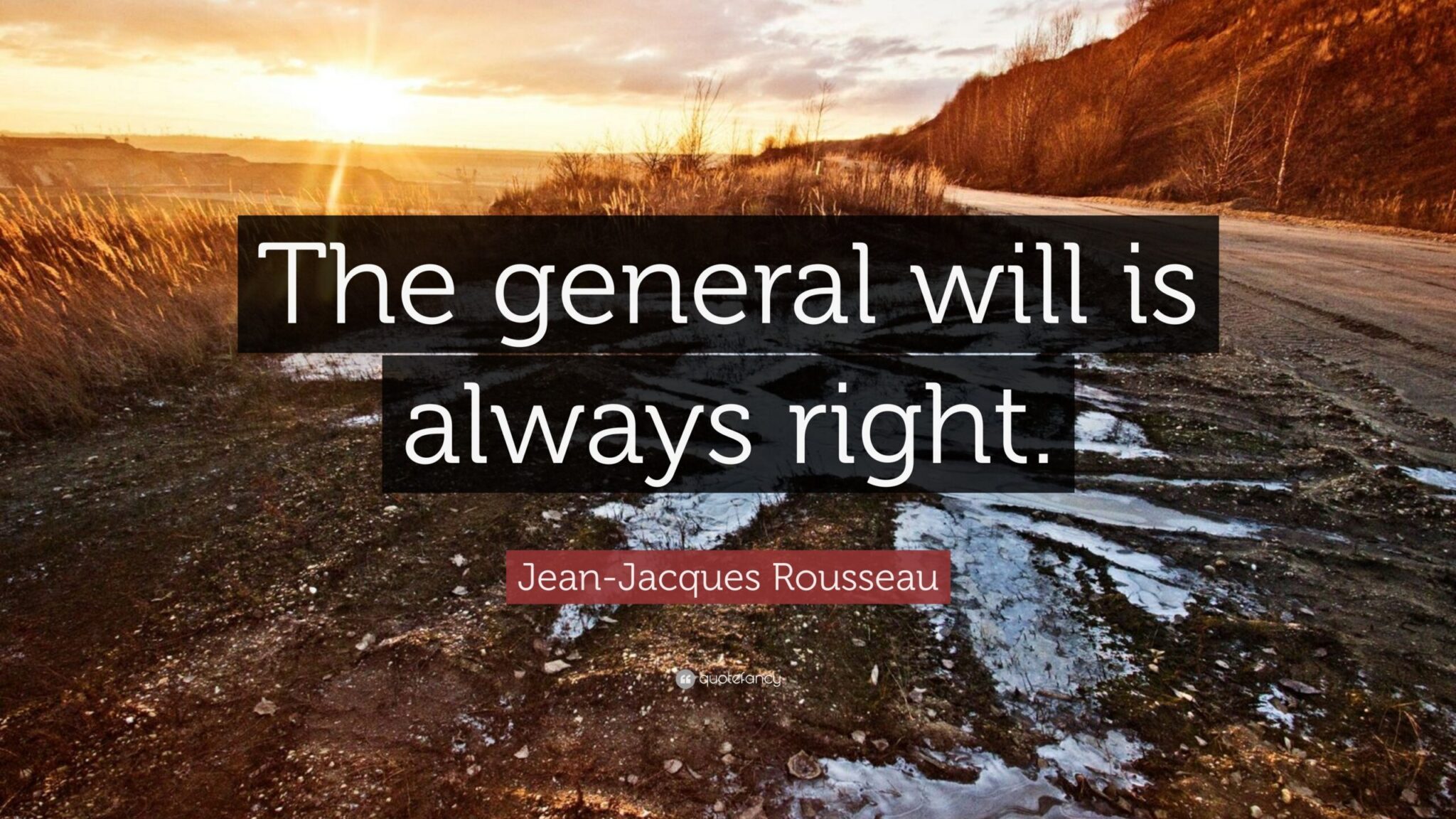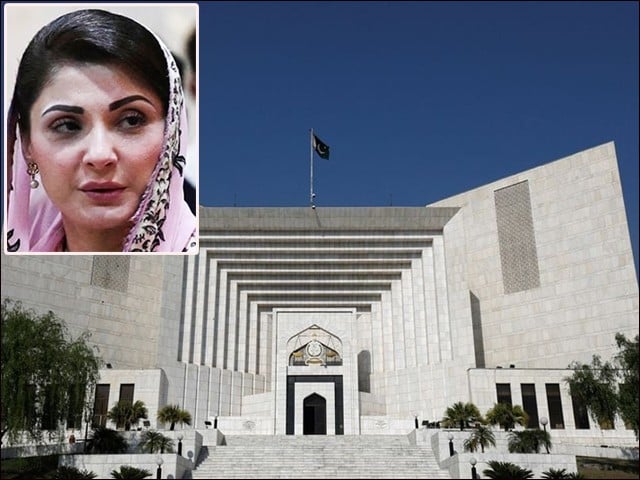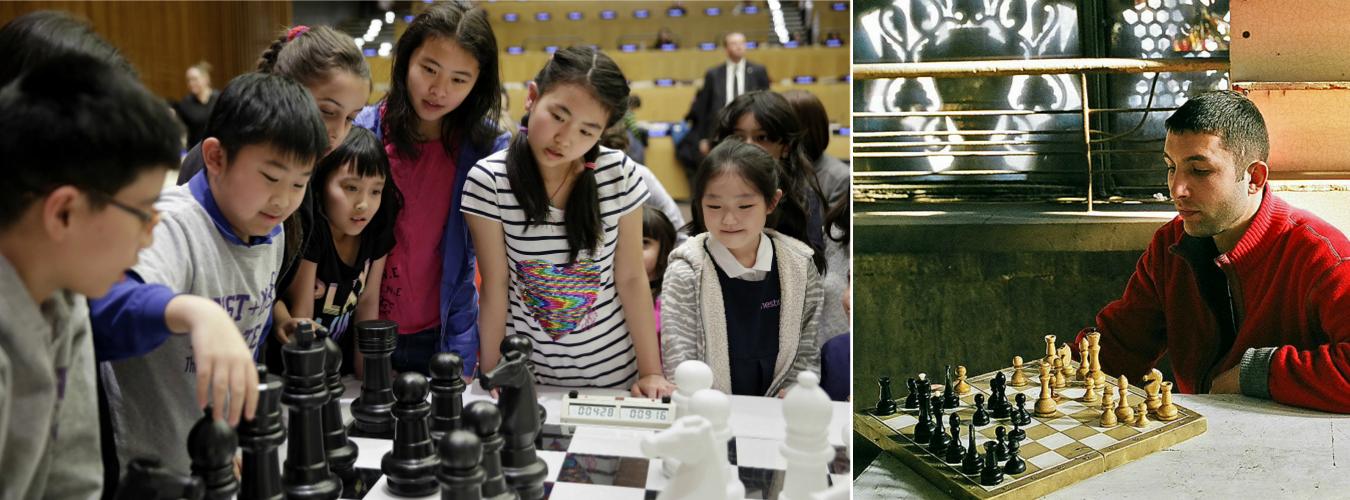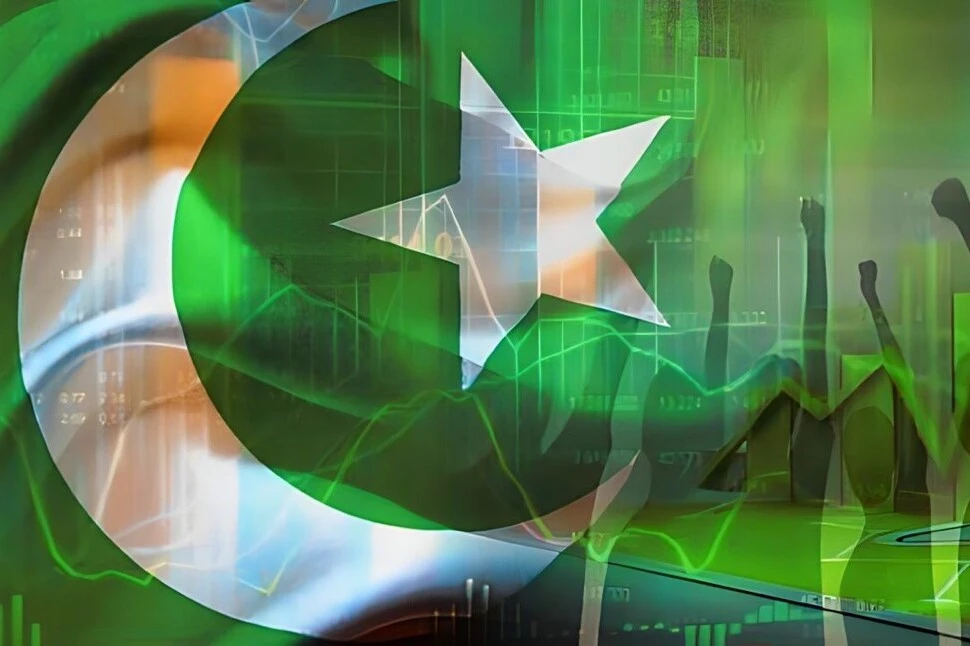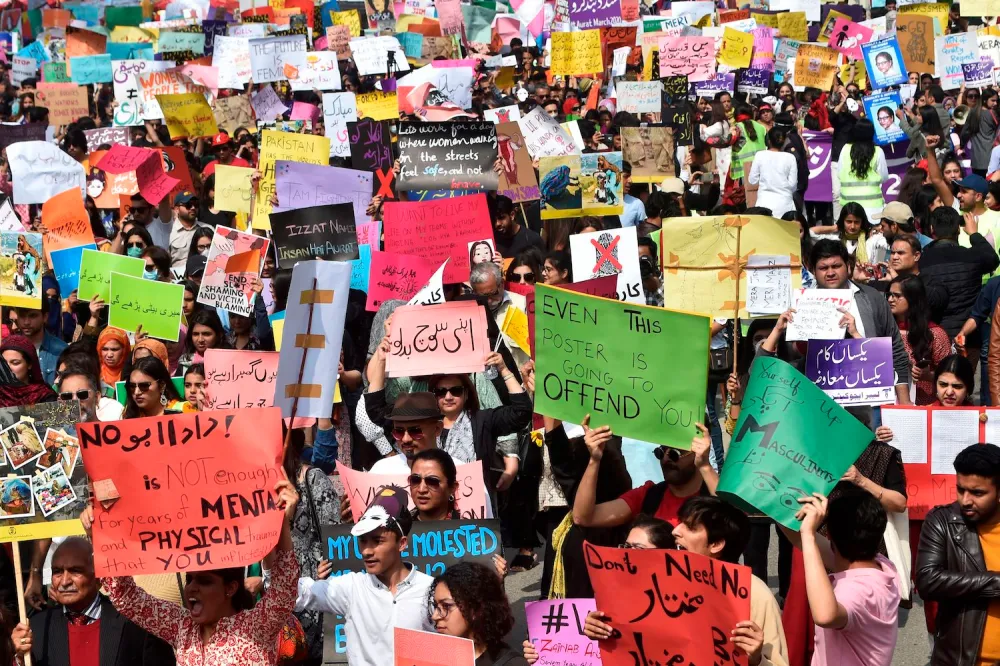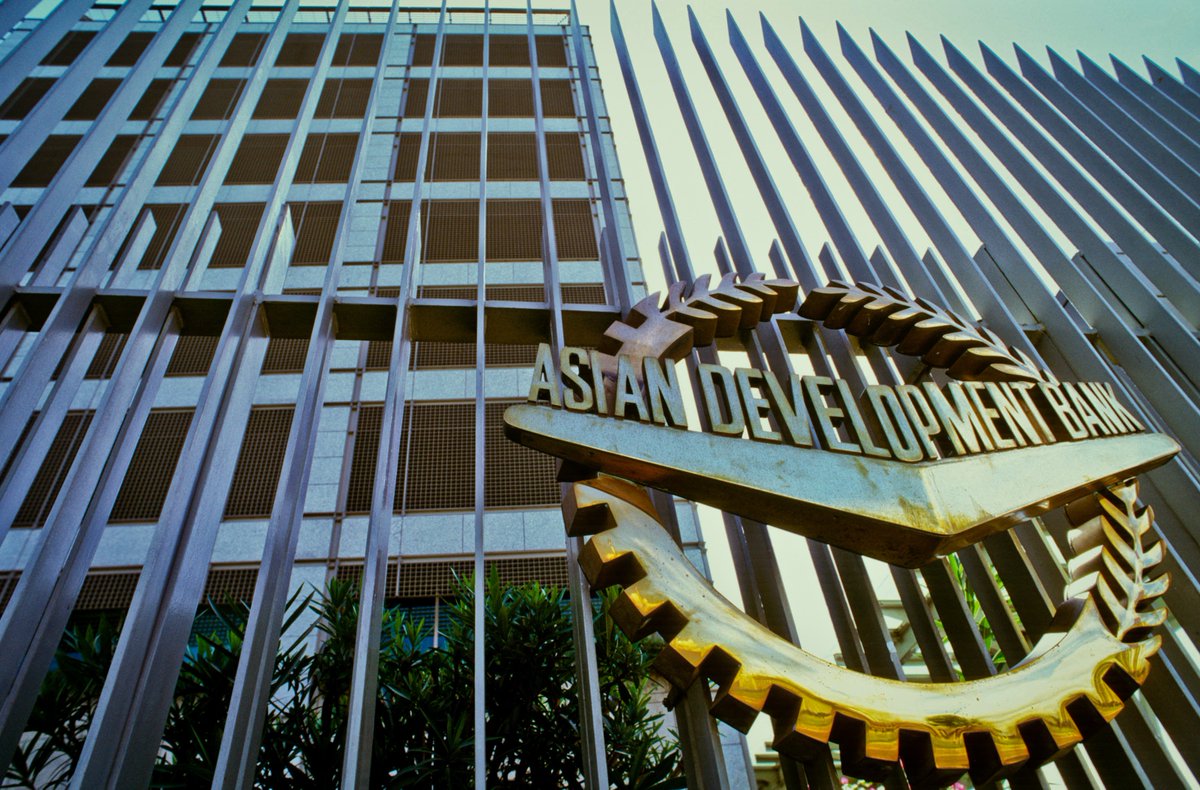Written by: Shabana Safdar Khan
Britannica says that the common will is “a will held collectively for the common good or common interest”. It is a concept in political philosophy popularized by the 18th century French philosopher Jean-Jacques Rousseau. Rousseau argued that the general will is the basis of legitimate laws and political authority and that citizens must obey the general will to express their freedom and sovereignty.
The general will is important for the political, social, cultural and administrative development of a country as it reflects the common values, goals and interests of the people. It can also help promote democracy, justice, equality and human rights. However, defining, identifying and enforcing general will is not easy. It involves many challenges and controversies, such as how to reconcile the general will with the will of the individual, how to ensure the participation and representation of all groups, the substitution and domination of the general will by elites or minorities. How to prevent and adapt the general will to changing conditions and needs.
Pakistan is a country that faces many political, social, cultural, and administrative challenges, such as corruption, poverty, terrorism, sectarianism, ethnic conflicts, regional disparities, and constitutional crises. To overcome these challenges, Pakistan needs to develop a sense of national unity and identity based on the general will of the people. However, given the diversity and complexity of Pakistani society and the history of military and civilian interventions in the political system, this is no easy task.
Following are some possible ways of implementing the general will of the people in Pakistan:
Strengthening democratic institutions and processes like Parliament, Judiciary, Election Commission, Media and Civil Society. These institutions can help in accountability, transparency and accountability of government as well as participation, representation and empowerment of people.
Promote the rule of law and respect for human rights, particularly the rights of minorities, women and children. These rights are essential for the dignity, security and well-being of the people as well as for the social harmony and stability of the country.
Develop a national vision and strategy based on consensus and consultation with all stakeholders including federal, provincial and local governments, political parties, religious groups, ethnic communities, civil society organizations and the general public. This vision and strategy should address key issues and challenges facing the country such as economic development, social justice, education, health, environment, security and foreign relations.
To promote a culture of dialogue, tolerance and pluralism that respects and celebrates the diversity and prosperity of Pakistani society as well as emphasizes the common values and interests of the nation. This culture can help reduce conflict and violence and increase cooperation and solidarity between different groups and regions of the country.
Accordingly, the general will of the people should represent the state and society. Therefore, free and fair elections are very important. Pakistan cannot develop until the people of Pakistan get the basic right to elect their governments.
Don’t forget to Subscribe our Youtube Channel & Press Bell Icon.



































